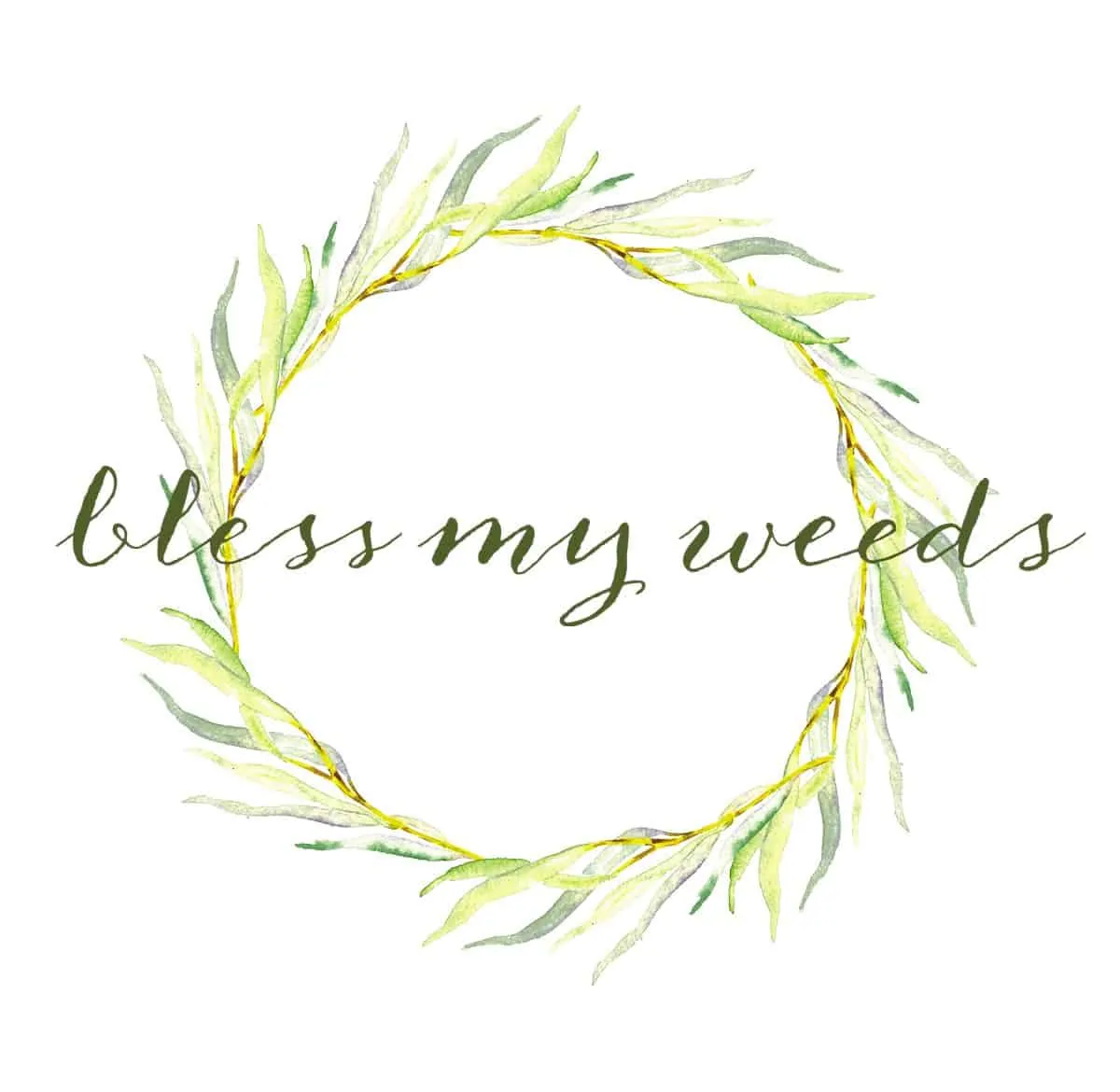Interested in learning about composting for beginners? You’re in the right place! Composting is an economical and environmentally friendly way to create your own nutrient-rich soil for your garden. It’s not a difficult process, but if you’re composing for the first time, there are some common mistakes a lot of beginners make. If you’re interested in developing your own compost, here are the 3 big no-nos you’ll probably want to avoid when composting for beginners.

Composting For Beginners
1. Bringing Weeds to the Party
Be careful not to add just any organic matter to your compost pit. If you get anything that has weed seeds in it (even if they’ve been digested by animals…ahem), you’ll end up with a weed infestation when you add the compost to your garden. Be sure to know where everything came from before adding it to your compost. Any commercial ingredients you add would be certified weed free. Any scraps you throw in after cooking dinner must be free of weeds or weed seeds. Also, any grass you throw in should not have been allowed to go to seed.
2. Letting it Dry Out
Moisture is imperative for developing compost. While they don’t need to be watered every single day, compost piles should never be allowed to dry out completely. Moisture is needed for the beneficial bacteria to grow, as well as to attract the necessary insects. Give yours a good watering at least 3 to 4 times during the summer. If your weather has been particularly dry, water it more often. If you can place your pile in a spot where it gets hit with your sprinklers, you might not need to worry about it so much — just make sure the water is getting deep enough. To give your pile a good watering with the hose, set the hose on your pile and turn it on for about an hour.
3. Not Covering
If you don’t cover your compost pile, it will end up being infested with wasps and flies. Anytime you dump kitchen scraps out there, you’re bound to attract undesirable flying critters. The key is to ensure that fruits and vegetables are not on the top and exposed. Use a tarp to cover your pile, or even straw, leaves, dirt, or manure. Essentially, any time you add garden or kitchen waste, be sure to top it off with a layer of one of these materials that are unlikely to attract flies and wasps.
Looking for more composting tips? Check out this article!




Leave a Reply